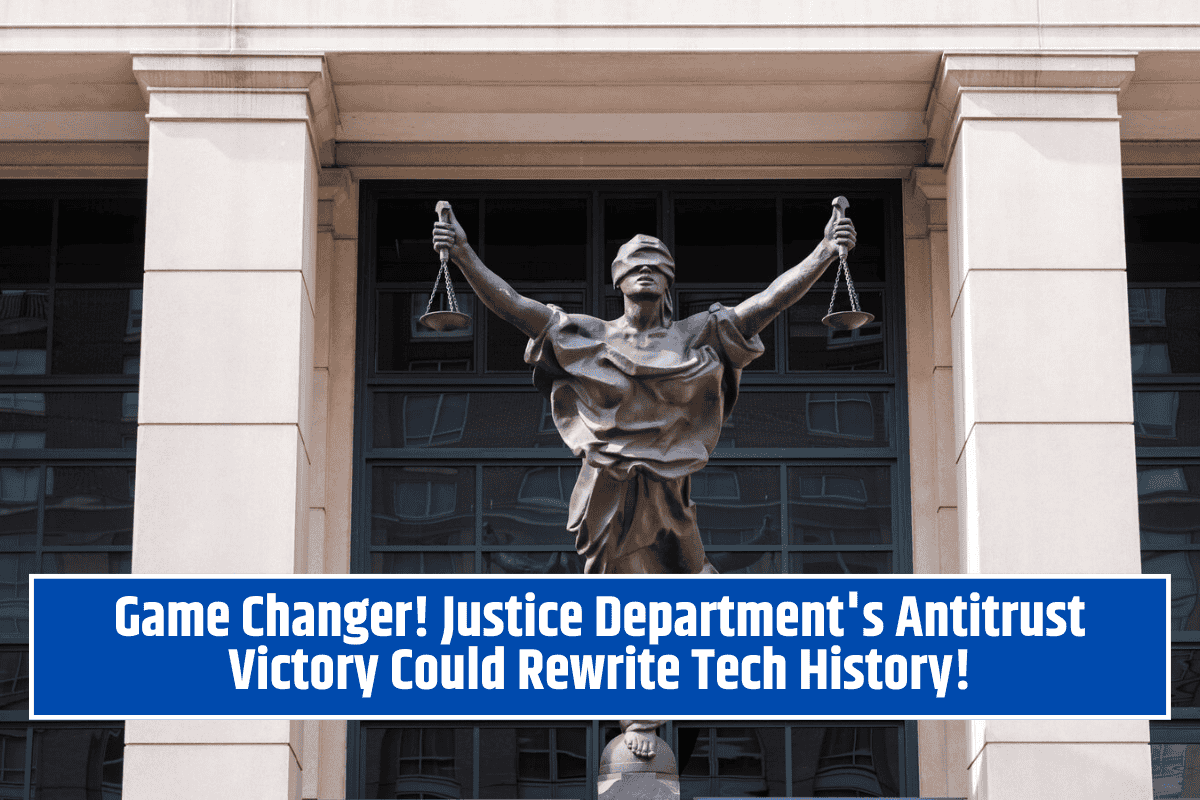In a major legal blow to one of the world’s biggest tech companies, Google has been found guilty of violating antitrust laws by monopolizing the open-web digital advertising market. This is the second major court victory for the U.S. Department of Justice’s Antitrust Division in its battle against Google’s dominance in the digital space.
What Was the Case About?
The case, United States et al. v. Google, was heard in the U.S. District Court for the Eastern District of Virginia. The government accused Google of using unfair practices to dominate the digital advertising world—especially in the part of the internet known as the “open web,” where websites rely on advertising to earn money.
The Justice Department, along with several states and the Commonwealth of Virginia, filed the lawsuit in January 2023. They argued that Google used its control over advertising technologies—called the “ad tech stack”—to block out competition and keep its hold on online advertising.
What Did the Court Decide?
After a 15-day trial in September 2024, the court ruled that Google had indeed broken antitrust laws. The judge stated that Google’s actions hurt publishers (the websites that show ads), the competition, and even the consumers who rely on open access to online information.
The court found that Google abused its monopoly power in ways that harmed the digital advertising market and limited free speech by controlling how ads and information were shared online.
How Did Google Allegedly Do This?
According to the lawsuit, Google used various unfair methods over 15 years to stay on top of the digital ad world. This included:
- Buying out potential competitors
- Manipulating ad auctions to favor itself
- Forcing publishers and advertisers to use its tools by making it harder for others to compete
These moves, the government argued, led to higher costs for advertisers, less money for website publishers, and fewer choices for everyone.
What Do Officials Say?
Attorney General Pamela Bondi called the decision a “landmark victory” in stopping tech giants like Google from controlling the online public space. She emphasized the importance of protecting free markets and free speech.
Assistant Attorney General Abigail Slater added that Google had not only abused its power but also tried to hide evidence of its wrongdoings. She said the ruling makes it clear that Google’s grip on digital advertising is a serious problem for competition and freedom online.
Why This Matters
Digital ads are what keep much of the internet free for users. They help fund news sites, blogs, entertainment platforms, and more. When one company controls too much of that system, it can decide who gets to earn money online—and even what information gets promoted or hidden.
This ruling is likely to have a huge impact on how digital ads work in the future. It could open the door for smaller ad tech companies to compete and give website publishers more choices. It also sends a strong message that even the biggest tech firms must play fair.
This court decision marks a major step in the government’s efforts to regulate Big Tech. It confirms that Google, one of the most powerful companies on the internet, has used its position to unfairly dominate the digital advertising market for over a decade.
The ruling could lead to big changes in how online ads are bought, sold, and displayed—and how power is shared in the digital world. For now, it’s a clear win for the Justice Department and a signal that no company is above the law.














